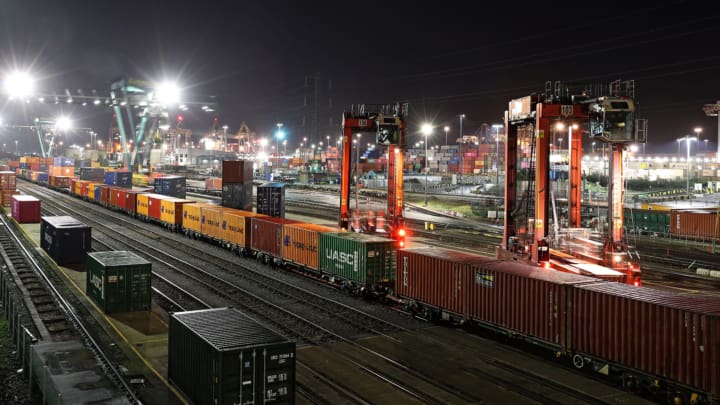
The Modal Shift Programme, which is being trialled at DP World Southampton for 12 months, initially offered £70 to customers who move import-laden containers via rail to a railhead within 140 miles of the Southampton logistics hub.
The programme has the potential to prevent an estimated 30,000 metric tonnes of carbon dioxide being emitted per year, more than three times the total emissions of DP World’s logistics hub at Southampton.
John Trenchard, UK Commercial & Supply Chain Director at DP World, said: “We are delighted with the Modal Shift Programme’s success so far.
“The increase in incentive will provide our customers with a welcome boost to their financial and sustainability ambitions and further support the UK Government’s ambitions to achieve a 75 per cent growth in freight carried by rail by 2050. This is particularly important at a time when the pressure to manage costs, maintain reliability and improve speed has never been greater for our customers.
“The programme is also a testament to our growing cooperation with the market, as we continue to seek to provide customers with lower carbon choices and encourage modal shift for supply chains using our UK logistics hubs. To put that in perspective, our investment in British rail alone via our two UK hubs is taking approximately 300,000 trucks off the road each year.”
Since the announcement of the Modal Shift Programme, rail services uptake at Southampton have increased from 21% (January to June) to 27% (September to December) last year, particularly across the Midlands rail network. This uptake has been bolstered by the reintroduction of a daily rail service from Southampton to South Wales, along with the implementation of final mile deliveries using electric vehicles.
